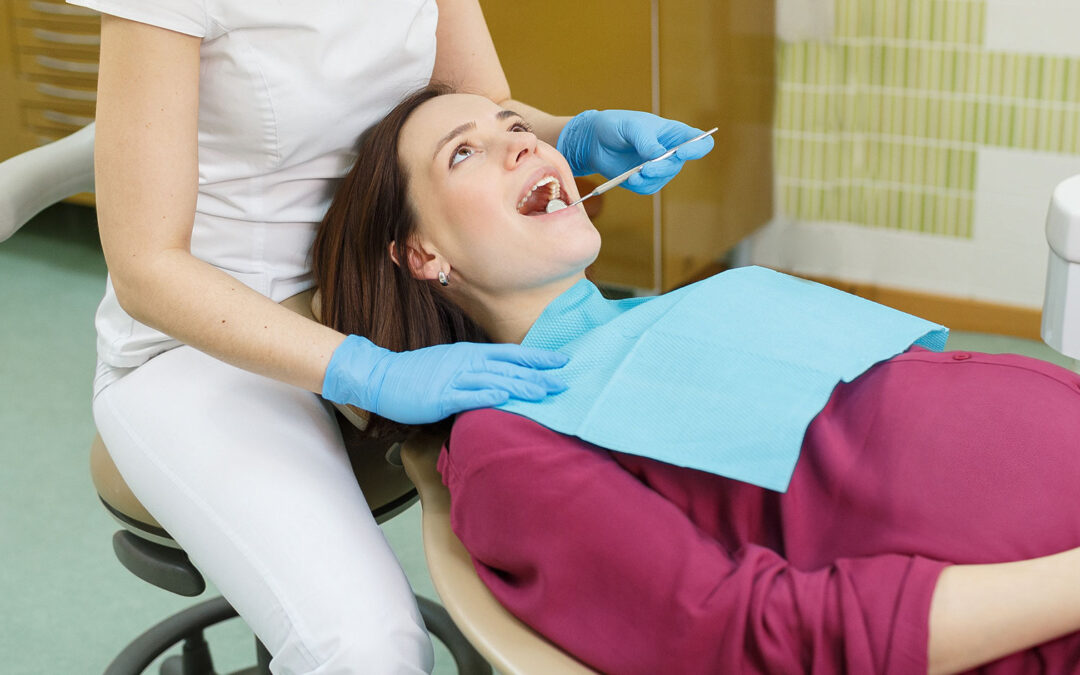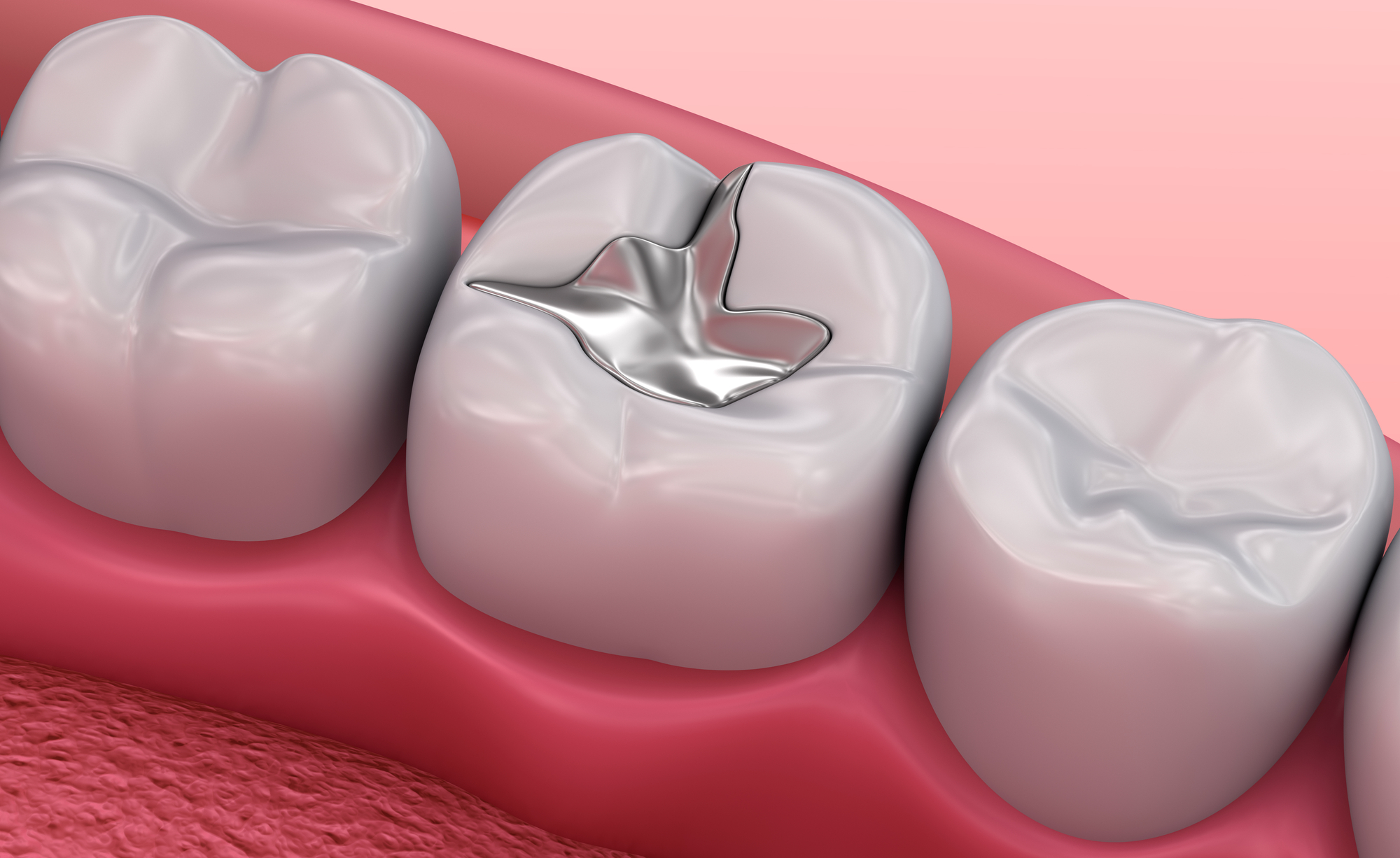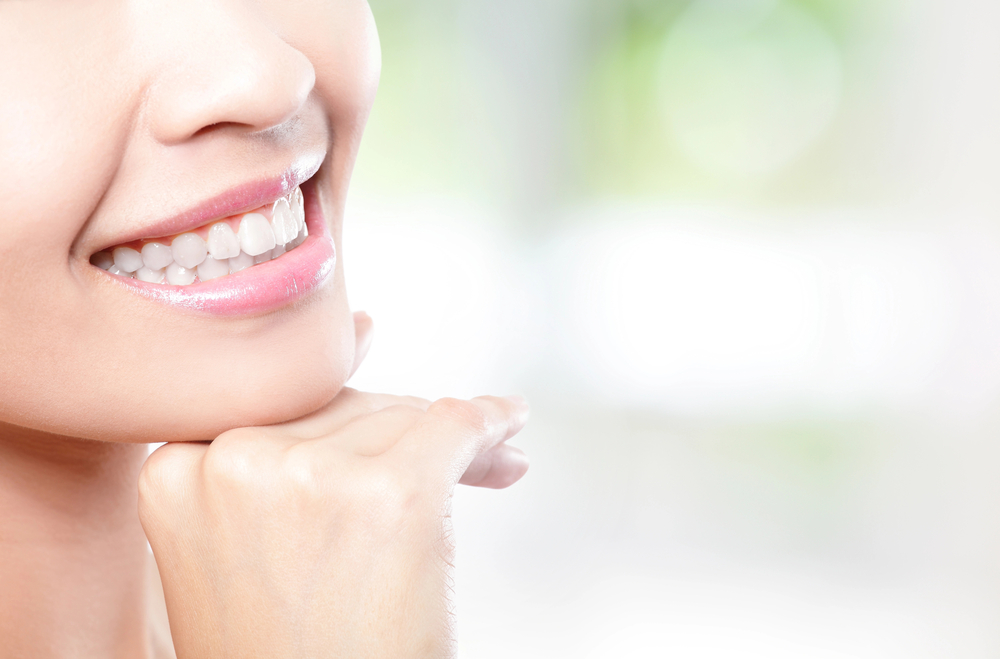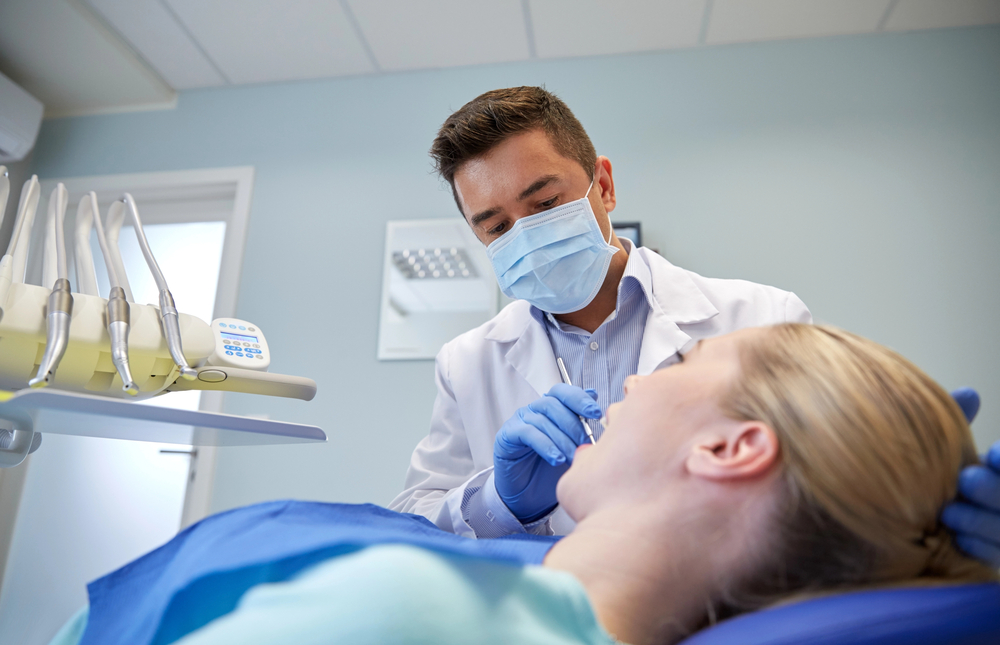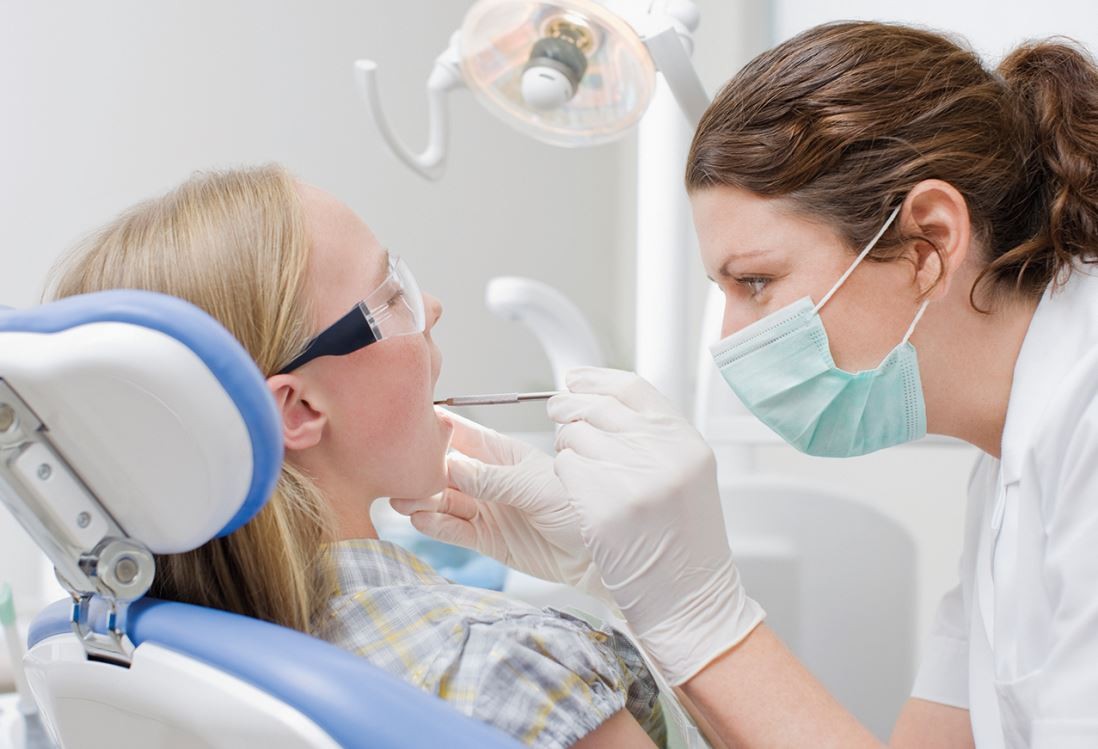Pregnancy is a time of great joy and anticipation, but it can also be a period of intense physical, emotional, and mental stress. And just like any other major change in life, pregnancy has an effect on your oral health as well. As the hormones in your body shift dramatically during pregnancy, there are certain changes that could occur to your mouth that you should be aware of. That’s why it’s important to understand the basics of dental care before, during, and after pregnancy—so that you can protect your dental health when it matters most. In this blog post, we will explore the different ways to take care of your teeth through each stage of motherhood—so that you can enjoy a healthy smile for years to come.
Pregnancy and Oral Health
Your oral health is important during pregnancy. Here are some tips for keeping your mouth healthy before, during, and after pregnancy:
Before Pregnancy:
- See your dentist for a checkup and cleaning. This is a good time to discuss any concerns you have about your oral health.
- Start practicing good oral hygiene habits at home. Brush twice a day with a fluoride toothpaste, floss daily, and eat a balanced diet.
During Pregnancy:
- Continue to see your dentist regularly for checkups and cleanings. Your dentist can help you manage any changes in your oral health that may occur during pregnancy.
- Be sure to let your dentist know if you experience any changes in your mouth, such as increased gum bleeding or sensitivity. These could be signs of gingivitis, which is common during pregnancy. If left untreated, gingivitis can lead to periodontitis while dentist use dental fillings to fill a hole in a tooth, which can put you at risk for premature birth or low birth weight babies.
- Practice good oral hygiene habits at home. Brush twice a day with a fluoride toothpaste, floss daily, and eat a balanced diet. Avoid sugary snacks and drinks, which can contribute to tooth decay. If morning sickness is an issue, be sure to rinse your mouth with water after vomiting to help prevent tooth erosion from stomach acids.
Dental Care During Pregnancy
Pregnancy is an exciting time, but it can also be a stressful one. There are so many things to think about and take care of, both for yourself and your developing baby. Your dental health is no exception. Here are some things to keep in mind when it comes to dental care before, during, and after pregnancy:
Before pregnancy: If you’re thinking about starting or expanding your family, now is a good time to take stock of your oral health. Make sure you visit the dentist for a checkup and cleaning, and get any necessary dental work done before getting pregnant. This will help ensure that your mouth is in tip-top shape for the challenges of pregnancy.
During pregnancy: Pregnancy can do a number on your teeth and gums. Morning sickness can cause acid reflux, which can damage tooth enamel. Hormonal changes can make your gums more sensitive and prone to bleeding. And all that extra weight gain can put strain on your jaw and teeth. So be sure to brush and floss regularly, eat a healthy diet, and avoid sugary snacks and drinks. If you experience any problems with your teeth or gums during pregnancy, don’t hesitate to see your dentist right away.
After pregnancy: Once you’ve welcomed your new arrival into the world, it’s important to continue taking care of your teeth and gums. If you’re breastfeeding, the increased demand for calcium ca make your teeth more vulnerable to decay, so keep brushing and flossing regularly. And don’t forget to schedule regular checkups with your dentist.
Dental care is an important part of overall health, especially during pregnancy. Be sure to talk to your doctor and dentist about any concerns you have regarding your dental health during this special time.
Dental Care After Pregnancy
Dental care is often overlooked during pregnancy, but it’s important to take care of your teeth and gums during this time. Pregnancy can cause a number of changes in your mouth, including an increase in plaque and bacteria, which can lead to gum disease. Gum disease has been linked to preterm labor and low birth weight, so it’s important to keep your mouth healthy during pregnancy.
After you have your baby, you’ll need to take extra care of your teeth and gums. Breastfeeding can cause an increase in plaque and bacteria, so be sure to brush and floss regularly. You should also see your dentist for a checkup within six months after giving birth.
Stress Impact on Mental and Oral Health
During pregnancy, it is common for women to experience increased levels of stress. This can impact both their mental and oral health as stress can have a negative impact on our mental health and oral health. Stress can cause problems with gum disease and tooth decay. It is important for pregnant women to take care of their teeth and gums, and to see a dentist regularly. There are also some things that pregnant women can do to reduce stress, such as getting regular exercise, eating a healthy diet, and getting enough sleep.
Conclusion
Pregnancy can be a challenging time for dental care, but it is important to take the necessary steps to ensure that your teeth remain healthy. With proper preventive measures and regular check-ups, you can make sure that your oral health remains in top condition before, during, and after pregnancy. We hope this article has provided useful information on how to manage dental care while pregnant and given you some helpful tips on maintaining good oral hygiene throughout your pregnancy journey.

